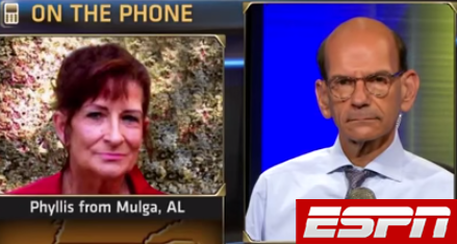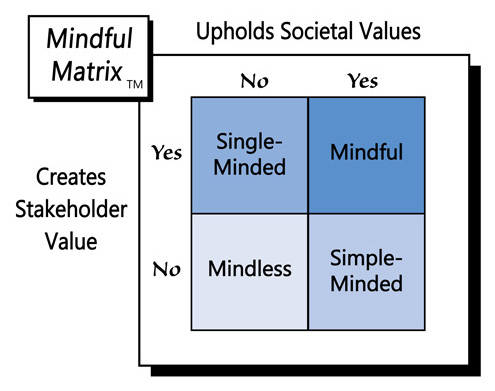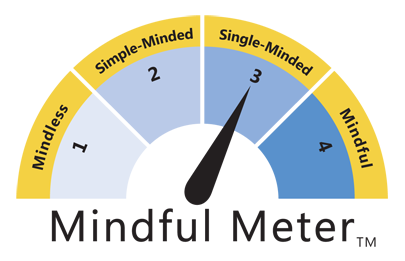Alabama football fan, “Phyllis from Mulga,” is a regular caller to Paul Finebaum’s ESPN radio show, which is also televised on the SEC network. Known for unabashedly speaking her mind, Phyllis was in especially rare form recently when she called to complain to Finebaum about a comment made by one of his ESPN colleague’s, Colin Cowherd. After Alabama’s loss to Ole Miss, Cowherd suggested that head coach Nick Saban’s football dynasty was ending—a contention that Phyllis vehemently rejected (gross understatement).
Phyllis’s minute-and-a-half tirade included a crude alteration of Cowherd’s last name, mockery of his professional knowledge and ability, accusations of envy, and profanity. Of course, this summary is a sterilization of what Phyllis actually said, which you can listen to here, if you'd like.
So, why should ESPN be criticized for the comments of an irate caller? Because Phyllis’s remarks and the anger in which she communicated them went well over the line of spirited debate or heated argument; her rant was abusive. No person, regardless of his/her position, should be verbally attacked and insulted in such a way, privately or publicly.
“But,” you may be thinking, “it wasn’t ESPN that said those things, it was a caller.” ESPN, however, has intentionally continued to share those comments on the air (e.g., Sports Center) and on-line. Why? Probably because Phyllis's shocking comments represent intriguing programming that captures viewers’ attention and drives hits.
Personal abuse unfortunately takes many forms. Given ESPN’s recent, thorough coverage of the NFL’s numerous cases of domestic violence, the network should be very familiar with the consequences of physical abuse. Verbal abuse is also very harmful. It’s a form of bullying and a close relative of physical abuse—the two often go hand-in-hand . . . It’s not hard to imagine cases in which verbal abuse precedes physical abuse.
In these situations, Phyllis and highly emotive callers like her can be considered both perpetrators and victims. On one hand, such callers are first and foremost the ones responsible for what comes out of their own mouths. On the other hand, media that in any way encourage or promote such caustic banter are complicit and may be cited for abusing the abusers.
From a marketing perspective, ESPN’s decision to rebroadcast and showcase Phyllis’s call represents “singled-minded marketing.” Although such shock programming has apparently created value for certain ESPN stakeholders, the network’s promotion of verbal abuse ultimately undermines several important societal values, including human dignity, decency, and respect.
People don't always need to agree with each other. Healthy debate is a good thing. One of the last things any culture should want to encourage, however, is the idea that it’s funny or otherwise acceptable to berate another person, attacking the individual instead of the issue. Likewise, for some people, participation in verbal abuse may be a stepping stone towards other forms of abuse that are equally bad or worse.
Notwithstanding the preceding discussion, ESPN is a good network that does many things right. This history offers hope that the network and others similarly responsible will be more discerning going forward and opt for more mindful marketing.




 RSS Feed
RSS Feed